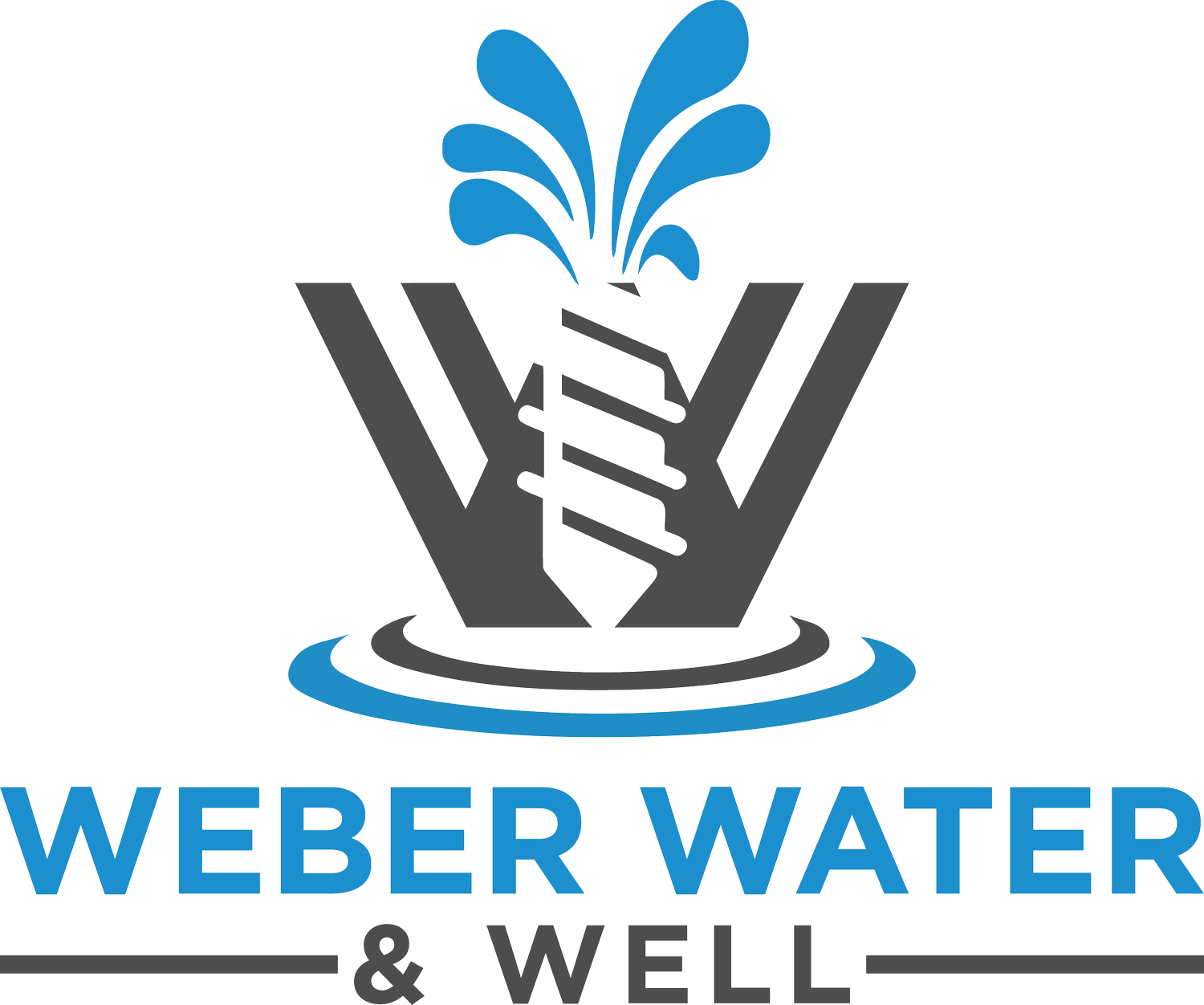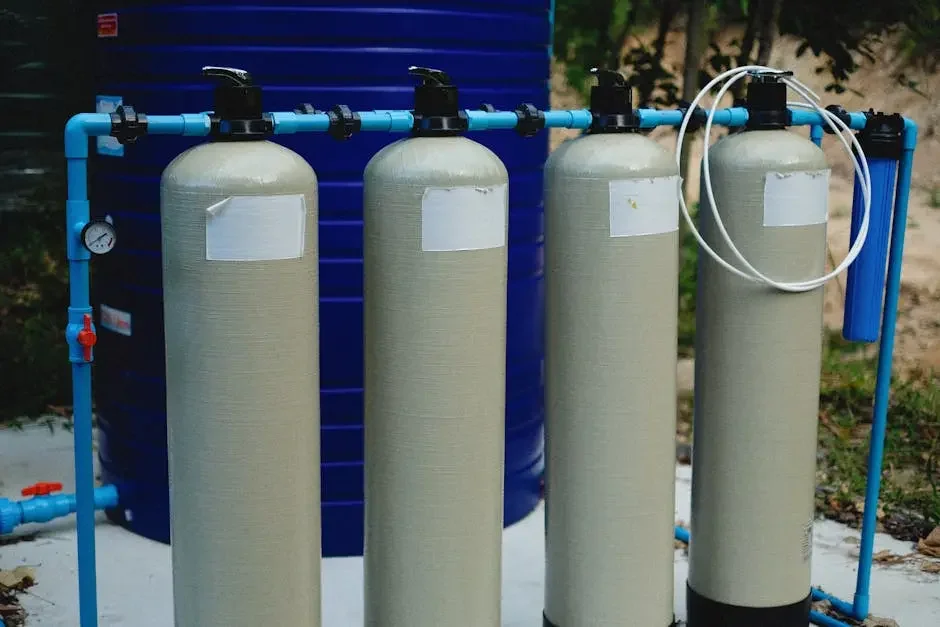Understanding Water Filtration Systems for Clean Water
Clean water is essential for our health and well-being, but how do we ensure that the water we consume is free from impurities? In this blog, we will explore the world of water filtration systems, uncovering the different types available, how they work, and why they're vital for providing us with safe drinking water.
What Are Water Filtration Systems?
Water filtration systems are devices designed to remove impurities from water, making it safer and more pleasant to drink. They utilize various methods and technologies to eliminate contaminants that can affect both taste and health.
At their core, these systems work to ensure that the water you consume meets quality standards. This is especially critical in areas where tap water may be compromised by pollutants from aging infrastructure or environmental factors. Understanding what these systems can do is the first step in appreciating their significance.
Moreover, knowing how these systems function can empower you to make informed decisions about your own water supply. You might be surprised to learn that water filtration systems can range from simple pitcher filters to complex multi-stage units designed for the entire home.
The Different Types of Water Filtration Systems
There are numerous types of water filtration systems available, including activated carbon filters, reverse osmosis systems, and ultraviolet purifiers. Each type has its unique advantages and is suitable for different needs and water quality issues.
Activated carbon filters, for instance, are popular for their ability to reduce chlorine, sediment, and volatile organic compounds, improving the taste and odor of the water. These filters are relatively affordable and easy to maintain, making them a favorite choice for many households.
In contrast, reverse osmosis systems are highly effective at treating water that is heavily contaminated. They work by pushing water through a semi-permeable membrane, thus removing a wide range of impurities, including heavy metals and salts. Though these systems tend to be more expensive and may require more maintenance, the level of purification they provide makes them worth considering.
Lastly, ultraviolet purifiers use UV light to kill bacteria and viruses. This method is incredibly effective, especially in regions where biological contaminants pose a significant risk. However, these systems typically require pre-filtering to remove particulates to enhance their efficiency. Each type of water filtration system has its own niche in the marketplace, which is why understanding their functions can guide your choice.
How Do Water Filtration Systems Work?
Understanding the science behind how water filtration systems operate can help demystify the process. Techniques such as adsorption, sedimentation, and disinfection play crucial roles in delivering clean water.
For example, adsorption is a key mechanism used in activated carbon filters. Here, contaminants bind to the surface of the carbon. This process is effective for larger molecules but may not capture smaller substances, highlighting the importance of selecting the right system for your specific needs.
Sedimentation, on the other hand, relies on gravity to separate suspended particles from the water. This method is common in larger systems and is often used in conjunction with other filtering technologies to ensure maximum efficiency.
Furthermore, disinfection is vital in eliminating pathogens. This can be achieved through chemical means, such as chlorine, or through physical processes, like UV treatment. By learning about these processes, you'll better appreciate how sophisticated modern water filtration systems can be.
Choosing the Right Water Filtration System for Your Needs
Selecting the appropriate water filtration system depends on factors such as the contaminants present in your water supply, your budget, and the maintenance required. We'll provide tips on how to make the best choice for your household.
First, it's essential to conduct a water quality test to identify any specific contaminants that may be present. Armed with these results, you’ll be able to narrow down your options. For example, if your primary concerns are chlorine and sediment, a high-quality activated carbon filter may suit your needs perfectly.
On the other hand, if your water supply has high levels of dissolved solids or heavy metals, a reverse osmosis system may be your best bet. But remember, it’s not just about effectiveness; consider your budget and the cost of maintenance as well.
The Benefits of Using a Water Filtration System
Using a water filtration system offers numerous benefits including improved taste, odor removal, and most importantly, the reduction of potentially harmful contaminants. Understanding these benefits can help you appreciate the value of clean water in your daily life.
One of the most immediate benefits you might notice is the changes in taste and smell. Many users report that filtered water tastes fresher and more pleasant than tap water. This change can be particularly noticeable if you typically drink a lot of water, making it easier and more enjoyable to stay hydrated.
Additionally, the reduction of harmful substances can bring significant peace of mind. Knowing that your family isn't exposed to lead, chemicals, or pathogens can alleviate worries about the health implications associated with contaminated water.
Moreover, using water filtration systems may lead to financial savings over time. Instead of purchasing bottled water, which can be costly and environmentally damaging, filtered water is a sustainable, cost-effective alternative.
Maintaining Your Water Filtration System
Regular maintenance is essential for ensuring the longevity and effectiveness of your water filtration system. We'll discuss best practices for upkeep to keep your system running smoothly.
For starters, regularly changing the filters in your system is crucial. Each type of filtration system comes with its own set of recommended schedules for replacing elements, so be sure to follow the manufacturer's guidelines.
Another important maintenance step is to periodically clean the system itself to prevent the buildup of contaminants and bacteria. This will ensure your water remains pure and safe to drink.
Lastly, staying informed about any updates or recalls from the manufacturer can also help maintain your system’s integrity. Regular check-ups will help prolong its life and secure the quality of your water.
The Importance of Clean Water
Investing in a reliable water filtration system can lead to significant improvements in your health and the quality of your water supply. With so many options available, understanding the features and benefits of each type can help you make an informed decision for your home or business. Remember, clean water is not just a luxury—it's a necessity.


